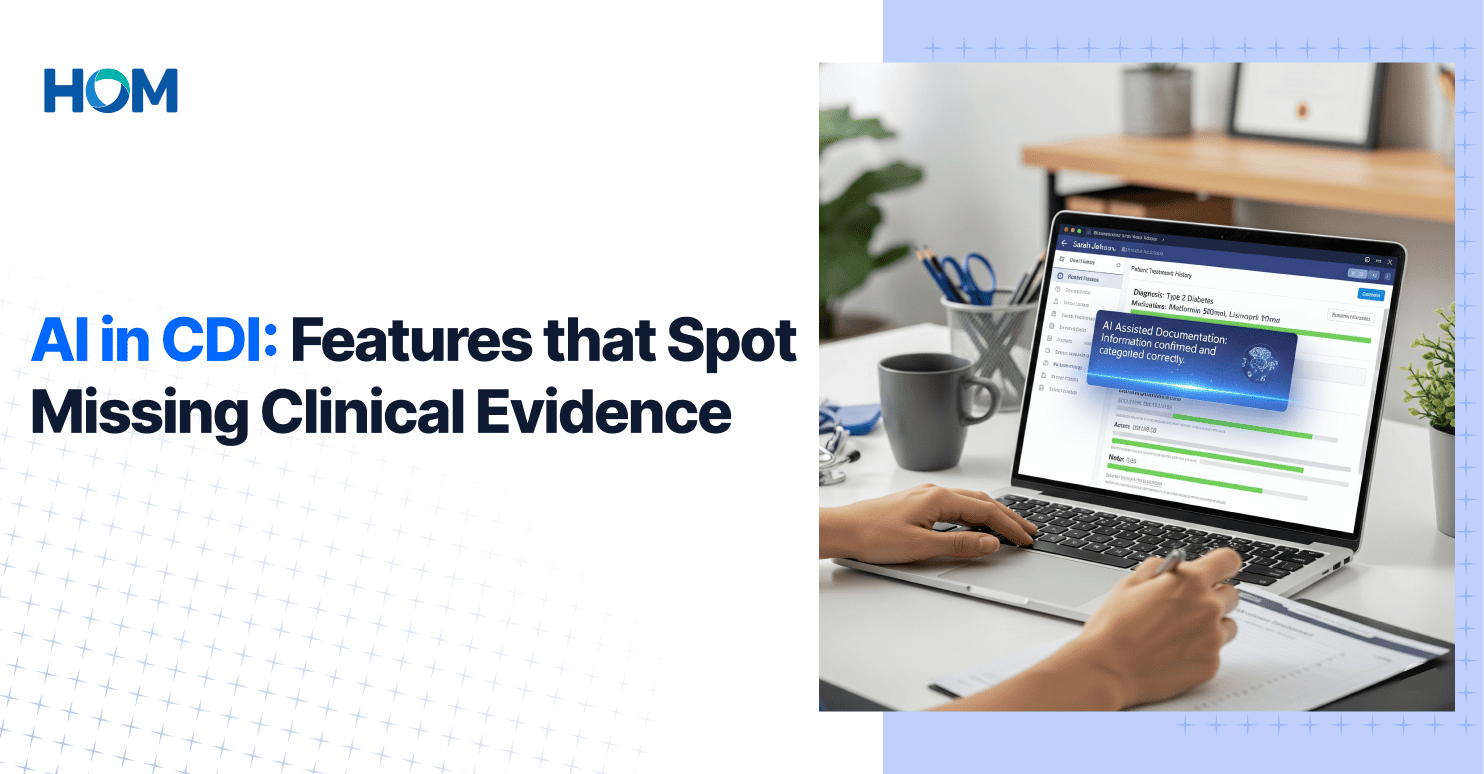
Utilization management (UM) is a process that assesses the efficiency, appropriateness, and medical necessity of treatments, services, procedures, and facilities provided to patients on an individual basis. UM impacts hospitals, medical staff, insurers, and patients alike.
How Utilization Management Helps Prevent Denials
In utilization management, treatment is evaluated and approved either proactively through prospective review or while in progress through concurrent review, reducing the likelihood of claim denials. They determine that inpatient surgery, despite having fewer complications, is preferable, while pre-surgical tests can be conducted on an outpatient basis. They also agree on the anticipated post-surgery recovery time and scheduled release date. By having these discussions in advance, the treatment plan is solidified, making it less likely for the claims to be denied.
The Role of Utilization Management in Improving Care Quality
In a fee-for-service healthcare model, patients often receive unnecessary and inefficient treatments. During retrospective utilization management reviews, the outcomes of treatments are examined and compared to alternative treatments. The data collected is then evaluated and applied to future patients in similar situations to improve care. This data is then used to guide future care decisions for patients in similar situations, enhancing the overall quality of care.
How Utilization Management Helps Manage Costs
Utilization management (UM) plays a crucial role in containing healthcare costs while maintaining quality care. Here’s how:
- Reducing Unnecessary Services: By evaluating the medical necessity of treatments and services, UM helps eliminate unnecessary procedures, tests, and hospital stays. This process ensures that patients receive appropriate care without excess, thereby reducing waste and associated costs.
- Efficient Resource Allocation: UM programs prioritize efficient use of healthcare resources by determining the most appropriate care settings. For instance, they might opt for outpatient services instead of inpatient care when possible, reducing hospital expenses.
- Preventing Claim Denials: Through concurrent reviews and real-time monitoring, UM helps ensure that treatments are pre-approved, minimizing the likelihood of claim denials. This proactive approach reduces administrative costs associated with appeals and corrections.
Key Considerations for Healthcare Organizations
Utilization management (UM) is a multifaceted process requiring careful coordination. Key elements to keep in mind include:
Foundational Processes:
- Quality Improvement and Audits: Establish internal processes for quality improvement and audits, necessitating data sharing protocols.
- Feedback Mechanism: Implement a feedback loop to evaluate clinical criteria effectiveness and process satisfaction.
Decision Making and Documentation:
- Timely Treatment Decisions: Review and communicate treatment decisions promptly. Delegate tasks and create a responsibility matrix for efficient management.
- Medical Necessity Justification: Justify the necessity of admissions, extended stays, and professional services based on clinical criteria.
- Clinical Documentation Support: Ensure clinical documentation supports proposed treatments proactively.
- Use of ICD-10 Codes: Utilize ICD-10 codes for international communication and standardized classification of symptoms and diseases.
Review and Appeals:
- Review Board for Denied Treatments: Set up a review board to handle insurer-denied treatments, expediting appeals or alternative treatment options.
- Appeal Support Program: Establish a program to gather data supporting appeals when treatment decisions are contested.
Integration with Broader Systems:
- Incorporate MIPS and APM: Integrate Merit-Based Incentive Payment System (MIPS) and Alternative Payment Models (APM) into your UM program.
By incorporating these components, healthcare organizations can enhance the efficiency and effectiveness of their utilization management practices, ultimately improving patient care and cost management.
Conclusion
Utilization management (UM) emerges as a vital strategy in modern healthcare, balancing cost containment with quality care delivery. By rigorously evaluating the necessity and appropriateness of treatments, UM not only reduces unnecessary services and prevents claim denials but also enhances care quality through data-driven decision-making. Key to its success are proactive measures like privacy safeguards, timely decision-making, and robust feedback mechanisms, supported by frameworks such as ICD-10 coding and incentive payment systems. As healthcare organizations integrate these components, they not only streamline operations but also ensure that patient outcomes are optimized, marking a significant stride towards sustainable and effective healthcare management.
If you are a healthcare provider and wish to discuss more about Utilization Management, feel free to write to us at partnerships@homrcm.com.
Bring a change to your Healthcare Operations
A partnership with HOM gives you an inherent:
Connect with our experts for a quick analysis and possibilities.

















